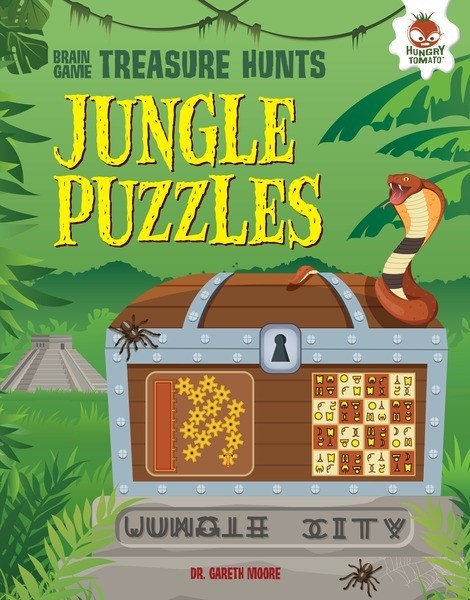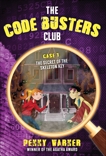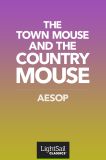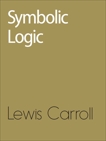
During the logic stage — approximately grades five through eight — students begin to examine the world in new ways. Rather than simply absorbing information, they begin to put more thought into why the world is the way it is. They get better at making connections, evaluating situations, and formulating persuasive arguments. In other words, they build their critical-thinking skills. Here’s how to refine your middle schoolers’ developing brain power and prepare them to excel at logical thinking.
1. Encourage critical thinking about book plots.
Hopefully, your logic-stage students read a lot of books. You can take their literature analysis to the next level by asking them to apply critical-thinking skills to what they read. The Well-Trained Mind suggests asking thought-provoking questions like “What part of the story seemed the least likely to happen?” and “What alternative ending would you have chosen for this book?” Give it a try with logic-stage literary selections like Rip Van Winkle by Washington Irving and The Call of the Wild by Jack London, both suggested for this age by The Well-Trained Mind.
2. Provide logic-based puzzles.
Middle schoolers can also benefit from puzzle books that include a variety of mind-bending logic challenges. To your students, these may just seem like fun games, but they’ll secretly work to stretch your kids’ brains. Try one or more of the critical thinking books from the Brain Game Treasure Hunts series, such as Jungle Puzzles. Your learners might also enjoy chapter books with critical thinking activities, such as The Secret of the Skeleton Key from the Code Busters Club series.
3. Practice persuasive writing.
Critical thinking for kids goes hand-in-hand with persuasive writing. Effective persuasion requires seeing situations from multiple angles in order to understand potential objections that might arise. LightSail’s Authentic Writing modules give logic-stage kids an opportunity to practice their persuasive writing. Try assigning an Authentic Writing assignment along with a text that encourages the reader to think twice about its message. Fables, such as Aesop’s “The Town Mouse and the Country Mouse,” are good examples.
Start working on your middle schoolers’ critical-thinking skills now. That way, by the time they reach the rhetoric stage, they may be ready for some of LightSail’s more challenging logic titles, such as Symbolic Logic by Lewis Carroll.

Posted on 8.Aug.21 in Homeschool Tips















